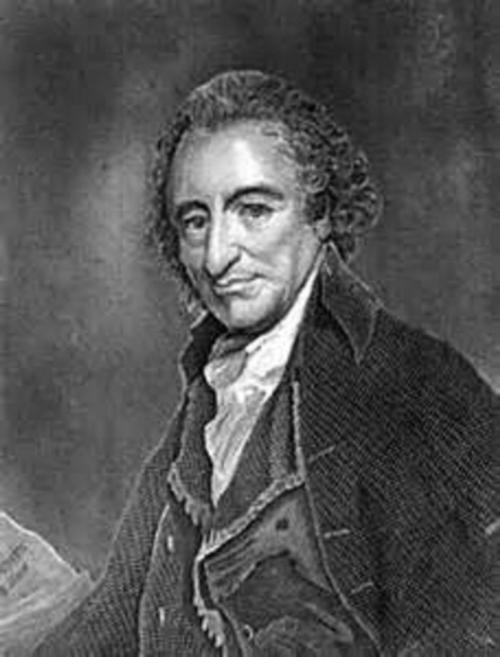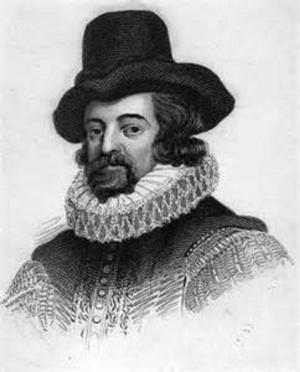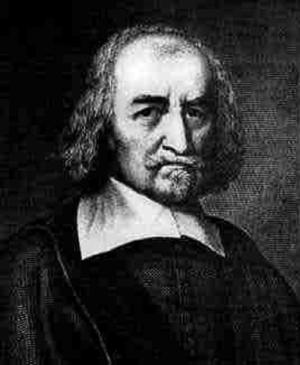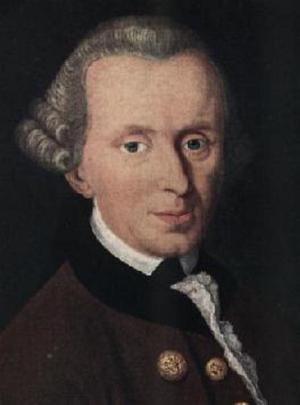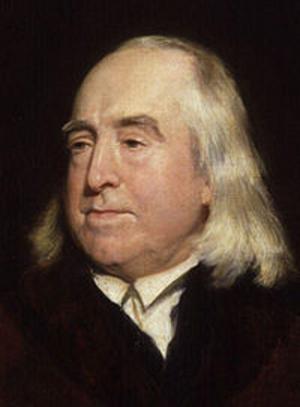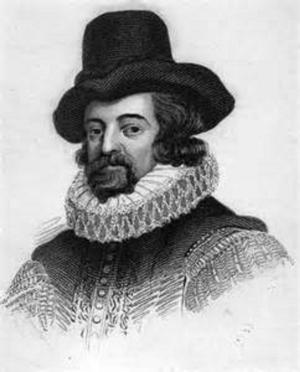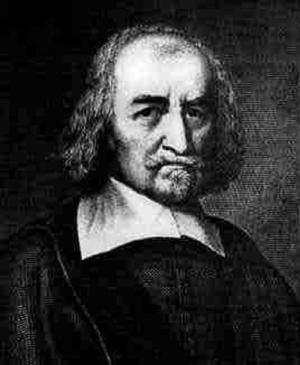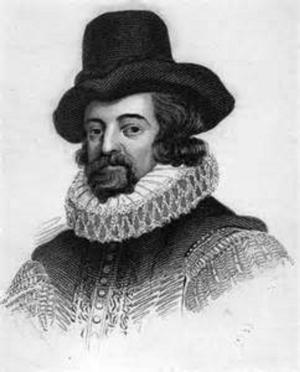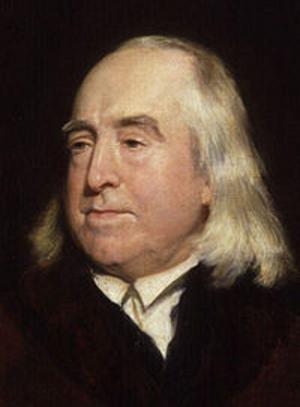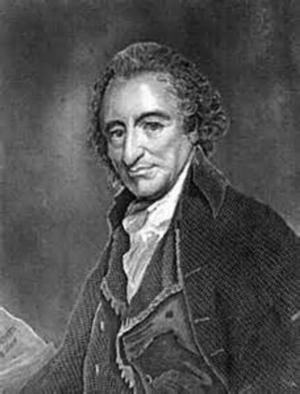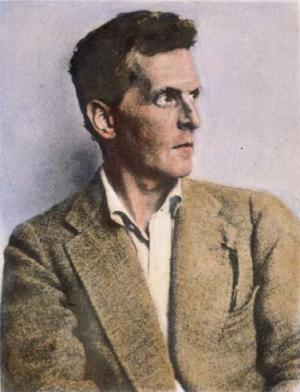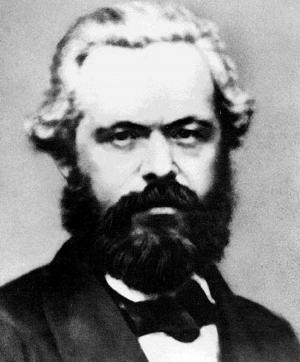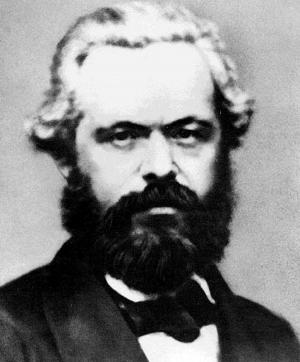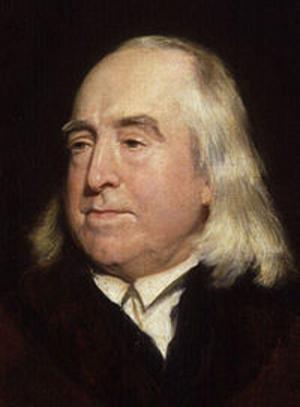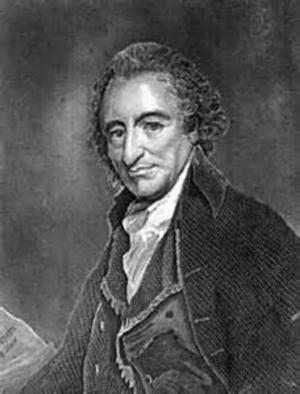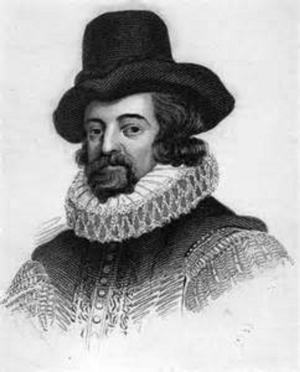Public Good, Emancipation of Slaves, and American Society (Illustrated)
Business & Finance, Economics, Macroeconomics, Theory of Economics| Author: | Thomas Paine, Timeless Books: Editor | ISBN: | 1230000719131 |
| Publisher: | www.WealthOfNation.com | Publication: | October 13, 2015 |
| Imprint: | Language: | English |
| Author: | Thomas Paine, Timeless Books: Editor |
| ISBN: | 1230000719131 |
| Publisher: | www.WealthOfNation.com |
| Publication: | October 13, 2015 |
| Imprint: | |
| Language: | English |
The book has an active table of contents for easy access to each volume and section of the following title by Thomas Paine:
1. PUBLIC GOOD
2. EMANCIPATION OF SLAVES
3. THE SOCIETY FOR POLITICAL INQUIRIES
4. THE AMERICAN PHILOSOPHICAL SOCIETY
Thomas Paine was one of the founding fathers of the United States. He was also a political activist, philosopher, political theorist and revolutionary that is seen today in the row with the greatest thinkers such as John Locke, John Stuart Mill, Thomas Hobbes, Alexander Hamilton, George Washington, Thomas Jefferson, and Benjamin Franklin. Their collected thoughts have had strong influence on building the foundation of the United States and its endeavor of open society.
It is well known today that the public good lies less with institutions that over time they become imperfect and subject to mission-creep and goal displacement. The essays in the collection are notable in that Thomas Paine sketched out his definition of a public good for America as that “The public good is not a term opposed to the good of individuals; on the contrary, it is the good of every individual collected. It is the good of all, because it is the good of everyone.” Paine further added that “There was a dangerous transition from the idea of government of limited powers over citizens with inalienable rights to the idea of the unlimited sovereignty and the material welfare of the majority. It is an easy step from here to the perilous position reached by most democracies today, in which individual liberties get violated in the name of national security and prestige at home and abroad, in which the mute and meek are often sacrificed at the altars of public utility and political necessity.”
The collection is the source of Paine's views for public good, human rights of slaves, and American societies from a political and philosophical perspective.
On September 23, 2015 , Chinese President Xi Jinping, the powerful leader of the last and largest communist country in the world, visited the United States and claimed to American people that he enjoyed reading the books by Thomas Paine. Interestingly, this reminded American people that in 1800 Paine had a meeting with Napoleon in Paris. Napoleon also claimed he slept with a copy of Rights of Man under his pillow and told Paine that "a statue of gold should be erected to you in every city in the universe." However, Paine’s response to Napoleon’s progress towards dictatorship was: "the completest charlatan that ever existed". Although Thomas Paine cannot directly respond to the president Xi Jinping’s praise of his books today, former secretary of the United States Hillary Clinton responded on September 27, 205 during Xi’s same U.S. trip to UN in the United States "Xi hosting a meeting on women's rights at the UN while persecuting feminists? Shameless". Hillary’s response to President Xi Jinping is almost repeating Paine’s response to Napoleon again.
Thomas Paine is forever remembered as a philosopher, political theorist and revolutionary through his extremely influential works. His works have produced great influence on building the foundation of the United States. His books are the wakeup call to the self-indulged dictators. His view to the real world became widely recognised as the foremost philosophical and political voice of freedom. His theory still remains true and his spirit of hard core to challenge the establishments still inspires the young generations around the world to build and evolve our democratic systems around worlds for a better future. Paine’s influence has been felt in nearly every field of the humanities and sciences.
This book is one of the most important ones about the thoughts of government, public good, and human rights by Thomas Paine, one of the greatest thinkers of modern political philosophy on the planet.
The book has an active table of contents for easy access to each volume and section of the following title by Thomas Paine:
1. PUBLIC GOOD
2. EMANCIPATION OF SLAVES
3. THE SOCIETY FOR POLITICAL INQUIRIES
4. THE AMERICAN PHILOSOPHICAL SOCIETY
Thomas Paine was one of the founding fathers of the United States. He was also a political activist, philosopher, political theorist and revolutionary that is seen today in the row with the greatest thinkers such as John Locke, John Stuart Mill, Thomas Hobbes, Alexander Hamilton, George Washington, Thomas Jefferson, and Benjamin Franklin. Their collected thoughts have had strong influence on building the foundation of the United States and its endeavor of open society.
It is well known today that the public good lies less with institutions that over time they become imperfect and subject to mission-creep and goal displacement. The essays in the collection are notable in that Thomas Paine sketched out his definition of a public good for America as that “The public good is not a term opposed to the good of individuals; on the contrary, it is the good of every individual collected. It is the good of all, because it is the good of everyone.” Paine further added that “There was a dangerous transition from the idea of government of limited powers over citizens with inalienable rights to the idea of the unlimited sovereignty and the material welfare of the majority. It is an easy step from here to the perilous position reached by most democracies today, in which individual liberties get violated in the name of national security and prestige at home and abroad, in which the mute and meek are often sacrificed at the altars of public utility and political necessity.”
The collection is the source of Paine's views for public good, human rights of slaves, and American societies from a political and philosophical perspective.
On September 23, 2015 , Chinese President Xi Jinping, the powerful leader of the last and largest communist country in the world, visited the United States and claimed to American people that he enjoyed reading the books by Thomas Paine. Interestingly, this reminded American people that in 1800 Paine had a meeting with Napoleon in Paris. Napoleon also claimed he slept with a copy of Rights of Man under his pillow and told Paine that "a statue of gold should be erected to you in every city in the universe." However, Paine’s response to Napoleon’s progress towards dictatorship was: "the completest charlatan that ever existed". Although Thomas Paine cannot directly respond to the president Xi Jinping’s praise of his books today, former secretary of the United States Hillary Clinton responded on September 27, 205 during Xi’s same U.S. trip to UN in the United States "Xi hosting a meeting on women's rights at the UN while persecuting feminists? Shameless". Hillary’s response to President Xi Jinping is almost repeating Paine’s response to Napoleon again.
Thomas Paine is forever remembered as a philosopher, political theorist and revolutionary through his extremely influential works. His works have produced great influence on building the foundation of the United States. His books are the wakeup call to the self-indulged dictators. His view to the real world became widely recognised as the foremost philosophical and political voice of freedom. His theory still remains true and his spirit of hard core to challenge the establishments still inspires the young generations around the world to build and evolve our democratic systems around worlds for a better future. Paine’s influence has been felt in nearly every field of the humanities and sciences.
This book is one of the most important ones about the thoughts of government, public good, and human rights by Thomas Paine, one of the greatest thinkers of modern political philosophy on the planet.
